“Technology blindness” - the silent fear of many women in the highlands
In some highland villages of Dien Bien , Son La or Lao Cai provinces, there are women who are still using smartphones just to make and receive calls. Facebook, Zalo, QR codes, online public services - all are still strange, even "scary" concepts to them.
During the field surveys and trainings under Project 8, officials from the Women's Union of many highland communes shared the same sentiment: "Many women come to digital skills classes but are too shy to touch their phones, afraid that pressing the wrong button will damage their phones." When attending technology classes, many women bring their sons along to help "translate the language of technology." The story sounds funny at first, but it reflects a sad reality: the lack of digital skills has been silently pushing highland women out of the flow of modern life.
The “technological illiteracy” among ethnic minority women is not only a knowledge gap, but also a barrier to the right to access information, services and development opportunities. They cannot look up information on health care, social insurance policies, or even know how to register their children for online preschool - things that seem very basic in the delta region. In addition, this situation also makes many women completely dependent on others in financial and administrative decisions. For example, many articles in Kon Tum Newspaper show that the implementation and use of online public services in the province still face many challenges, especially at the commune level, due to people's limited awareness of online public services. Many ethnic minority women cannot use online public services at the commune level, even though the locality has a stable service portal...
Not only in the administrative aspect - the lag in digital skills also deprives women of the opportunity to create new livelihoods. The online market opens up countless directions for rural people: selling local specialties, ordering agricultural supplies, learning handicrafts... However, when technology is a barrier, women in the highlands are left on the sidelines. Small start-up models and creative ideas are extinguished right from the start just because they do not know how to properly open their phone cameras for livestreaming.
The story of “tech illiteracy” is not the fault of women – it is the result of gaps in life skills training and technology access policies. For many years, the new rural support program or poverty reduction focused on infrastructure construction, with little attention paid to technology capacity. That makes it even more difficult for ethnic minority women, who are already disadvantaged by gender and geographical location, to rise up in the digital age.
Touch the new world of equality and openness
In recent times, the Government has strongly promoted the digital transformation process, requiring the use of technology platforms to become an essential condition for people to access public services, healthcare, education, livelihoods and the labor market.
The life of Ms. Tan Ta May, a Red Dao ethnic group, Ta Phin village, Sa Pa town, Lao Cai, has been closely connected to the mountains and forests since childhood, so she is very knowledgeable about medicinal plants in nature. From only knowing how to exploit available resources, Ms. May and her sisters brought medicinal plants home to grow in their gardens. But then she felt sorry for the scene of precious medicinal plants being sold on the street, forced to sell at low prices, and even having no buyers. Therefore, in 2015, overcoming the limitations of cultural level, she established the Red Dao Community Cooperative, Ta Phin commune, Sa Pa, Lao Cai to provide bathing services and develop medicinal bath products according to the traditional medicine of the Red Dao people. Up to now, the Cooperative has hundreds of regular and associated workers, earning 2 million VND/person/month. In addition to serving tourists, bath medicine is also bottled and consumed in many major markets such as Hanoi, Ho Chi Minh City and sold online on Tiki, Shopee...
 |
In 2016, Tan Thi Shu became the first Mong person to be honored by Forbes Vietnam. |
After finishing grade 3, with determination and talent, Ms. Tan Thi Shu, 38 years old, Mong ethnic group, Lao Chai commune, Sa Pa town, Lao Cai province, successfully built and managed the Sapa O'Chau tourism project with an income of billions of VND/year. At the age of 21, she earned money to support herself and her family by working as a tour guide, from which she came up with the idea of doing something so that children in the highlands could also change their lives and have a career with a future. She founded Sapa O'Chau and encouraged her friends and children to learn Kinh, English and many other foreign languages. Then she taught them the skills to become tour guides. Up to now, Sapa O'Chau has grown stronger, both doing tourism business and teaching literacy, vocational training for children in the highlands and becoming a common home for poor ethnic children. With her efforts and passion, Ms. Shu has turned her dream into reality and is nurturing the dreams of thousands of children in the highlands every day, so that they can have a stable job to support themselves. In 2016, Tan Thi Shu became the first Mong person to be honored by Forbes Vietnam as one of the 30 faces under 30 with many outstanding achievements in their careers.
“In 2019, I founded Nhat Minh Cooperative with the desire to restore bamboo handicraft products. At first, the products were not polished and not aesthetically pleasing, so they were not well received by customers. From that failure, I and the members of the Cooperative went to craft villages in Thai Nguyen, Thanh Hoa... to learn how to bring in machinery to support. Thanks to that, our products increasingly meet consumer tastes. Currently, the Cooperative creates stable jobs for local people with an average income of 3 - 4 million/month. In the coming time, we will expand the raw material area and market to big cities to increase employment and income for workers", said Ms. Trinh Thi Thao, Tay ethnic, Director of Nhat Minh Cooperative, Khuon Ha commune, Lam Binh district, Tuyen Quang province...
The above examples show that, without being equipped with digital skills, women, especially ethnic minority women, can be “left behind” in their own homeland. From a gender equality perspective, the problem lies not only in the technology gap, but also in the fact that the most vulnerable groups (ethnic women, single women, poor women) need to be prioritized in policies and actions. Because technology is not only a tool, but also a power, a “key” to help women become independent and improve their status.
Imbued with the idea of “leaving no one behind”, the Project “Achieving gender equality and solving urgent issues for women and children” (Project 8) - part of the National Target Program for Socio-economic Development in Ethnic Minority and Mountainous Areas, has identified equipping ethnic minority women with digital skills as a key action point. According to the final report, by March 2025, the Project had supported 239 livelihood groups, cooperatives, and cooperatives owned/co-managed by women to apply science and technology, with the participation of 3,174 women. In parallel, 32 digital skills training courses were organized nationwide with more than 1,300 participants. Through support activities that positively impact awareness, equip necessary skills to increase product value and production and business efficiency for women in ethnic minority and mountainous areas, create a stable and self-reliant source of income, promote the role of women in the family and society, and develop the local socio-economy.
In many localities, women have learned how to film videos, take photos of products, sell online, and manage orders via phone apps. In Quang Binh, Van Kieu ethnic women raise bees for honey and livestream to introduce forest specialties. In Thanh Hoa, Muong people have established groups to raise breeding goats and learned how to promote products on social networks...
However, there are still limitations such as supporting the application of science and technology to enhance economic empowerment for ethnic minority women is still inadequate due to limited ability to receive and use technology, equipment of cooperatives is not yet suitable for applying science and technology...
But anyway, a reality has emerged more and more clearly. That is, Project 8 does not only bring numbers. It touches on deeper things than changing “thinking and doing”, awakening the desire for autonomy in each ethnic minority woman. Digital skills are no longer the privilege of city dwellers, but are becoming a tool through which ethnic minority women can connect, create and rise up on their own.
Although it cannot be said that technology changes everything, it is clear that when ethnic women touch their phones with confidence, they are touching a new world, a more equal and open world. Therefore, investing in digital skills for women is not just a program, but a strategic and humane choice of Project 8, helping to ensure equality in the digital age and create a future for the whole community.
Continue to research and propose policies to promote gender equality in the implementation process.
Project 8 That was the directive speech of Party Central Committee member, President of Vietnam Women's Union Nguyen Thi Tuyen at the conference to summarize Project 8 "Implementing gender equality and solving urgent issues for women and children" in the National Target Program on socio-economic development in ethnic minority and mountainous areas (DTTS & MN) for the period 2021 - 2030, phase I from 2021 to 2025" on May 20, 2025. According to President Nguyen Thi Tuyen, in the context of restructuring the entire political system, along with strong digital transformation, in order to be able to organize the implementation of Project 8 for the period 2026 - 2030, it is necessary to continue to promote the role of the core unit in propaganda and mobilization to raise awareness, change the "thinking and working style" of women and girls in ethnic minority and mountainous areas; research and propose Specific and specific policies to promote gender equality and support the resolution of urgent social issues for women and children in ethnic minority and mountainous areas in the Program for the period 2026 - 2030, contributing to realizing the goal of "Leaving no one behind" and successfully implementing the goals of the National Strategy on Gender Equality for the period 2021 - 2030.
Source: https://baophapluat.vn/du-an-8-va-van-de-trang-bi-ky-nang-so-cho-phu-nu-dan-toc-thieu-so-binh-dang-gioi-can-bao-trum-so-hoa-post550284.html








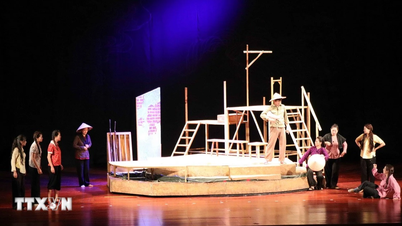

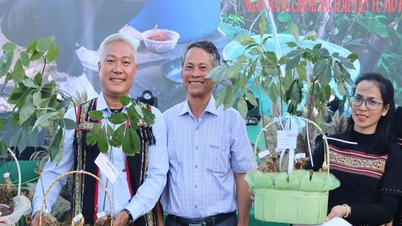
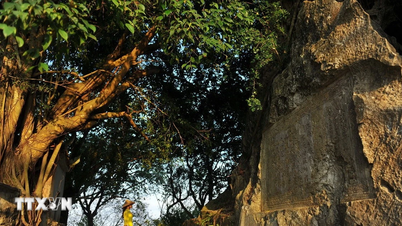
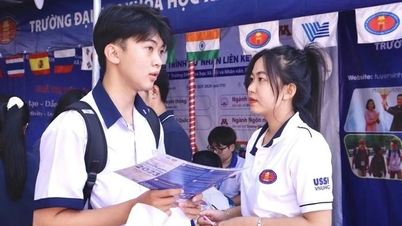
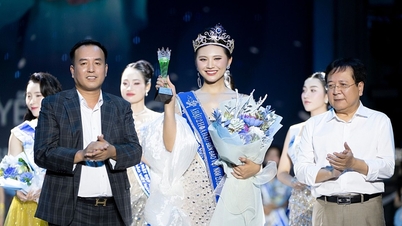






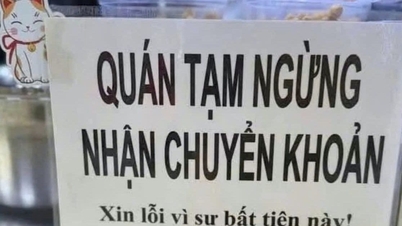
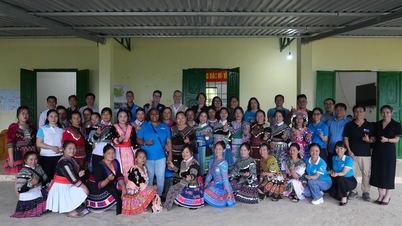
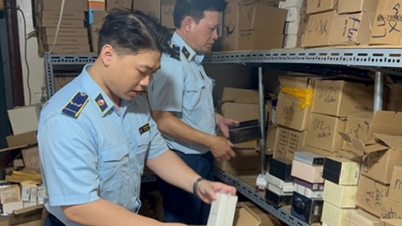
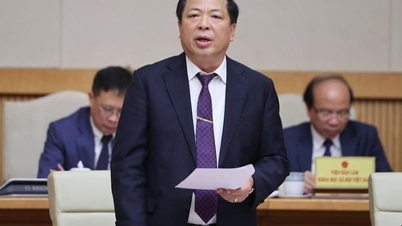




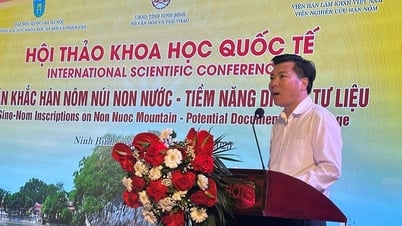



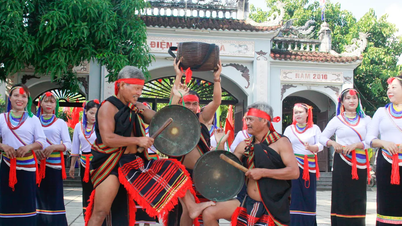

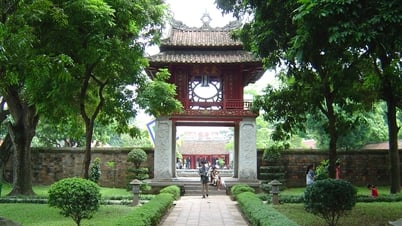

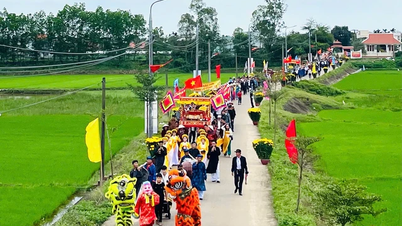







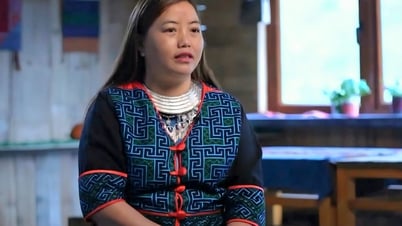
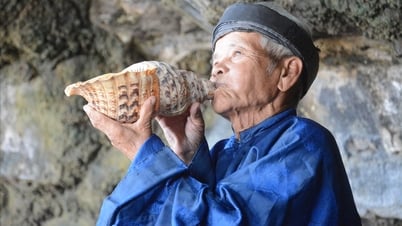





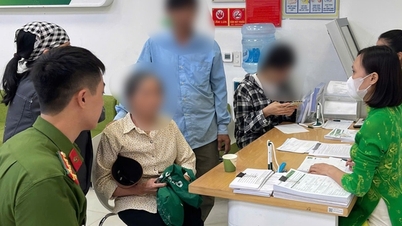














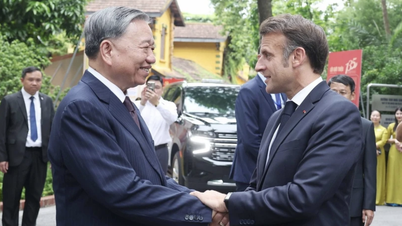



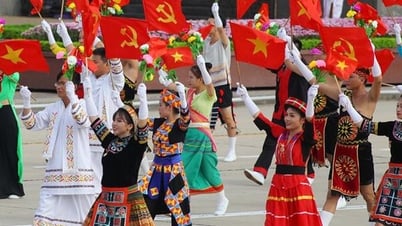
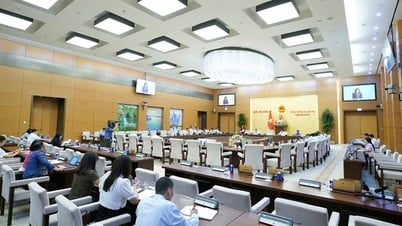
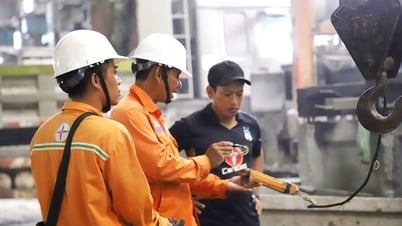


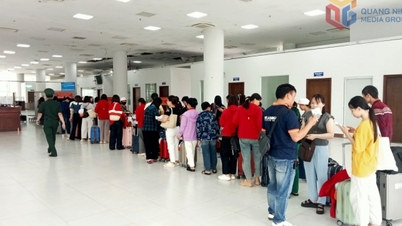


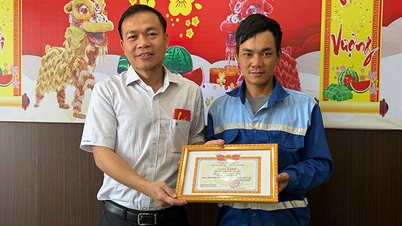

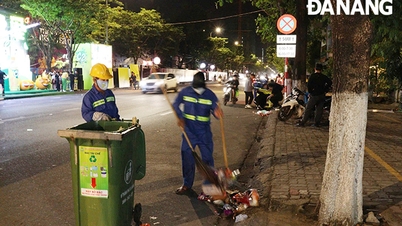


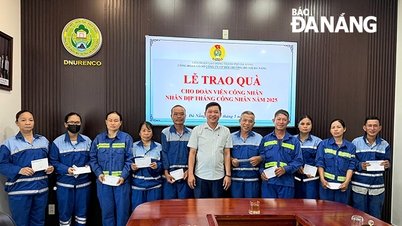








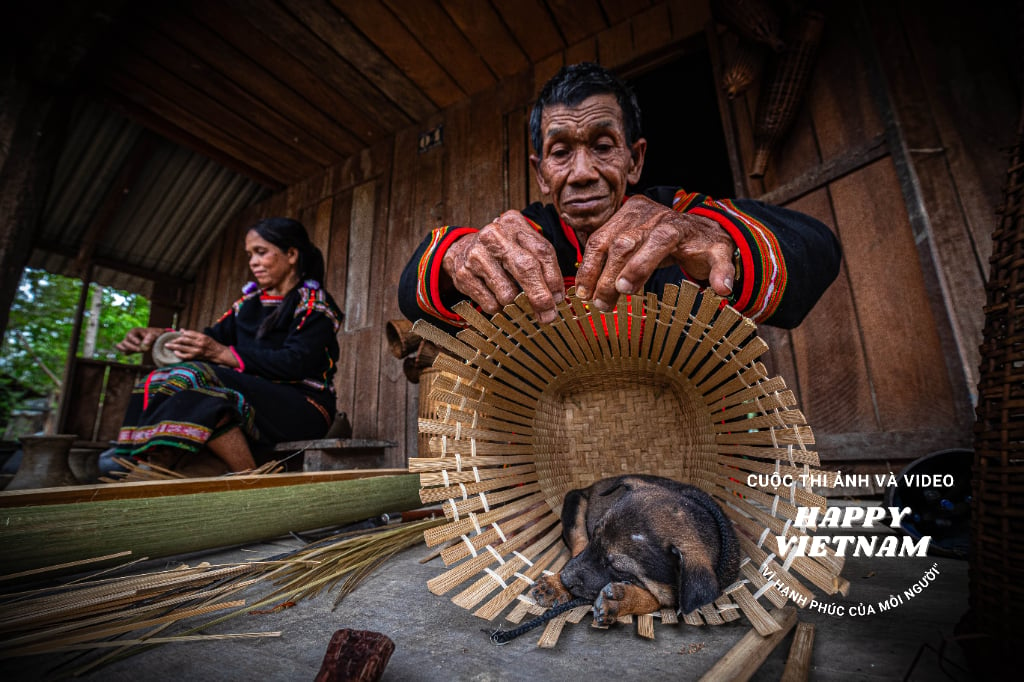
Comment (0)